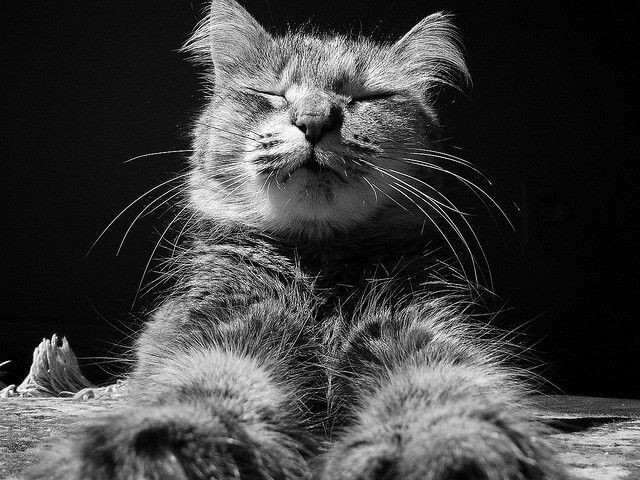Connecticut: The Dish on Coupons and Sales Tax
- May 15, 2013 | Gail Cole

A Connecticut newspaper recently reported on an issue raised by a reader who had witnessed a heated argument at a Stop & Shop. A customer refused to pay sales tax on cat food and kitty litter that was free thanks to coupons. The customer argued that no tax was due, while the person behind the register reportedly wanted to charge tax on what would have been the total sales price, had there been no coupons. The reader wondered: What sales tax is due when a coupon is used to purchase an item?
Assorted States Say ...
Each state has a different answer to this question. For example:
- In New Hampshire and Oregon, no sales tax is due when a coupon is used to purchase an item because there is no sales tax in either of those states.
- In Washington State, taxability depends on whether or not the coupon is issued by the retail store or the manufacturer (or distributor). If the coupon is issued by the retail store and redeemable only in that store, "sales tax is applicable only to the amount actually paid by the customer." Yet manufacturer's coupons are a different story. Manufacturers redeem those coupons when they're remitted by retailers, and so the retailers actually receive the full retail price for the articles sold. "Accordingly, the retail sales tax is due on the full retail price." In most cases, the customer would pay it.
- In Texas, both manufacturer's coupons and retailer coupons are "handled the same." Sales tax "is due only on the amount actually charged to the customer.
Connecticut
Back to Connecticut, which imposes a statewide sales and use tax of 6.35% that "applies to the retail sale, lease, or rental of most goods and taxable services." Some items are subject to a 7% tax rate, some to a tax rate significantly less than the state rate, and some items are exempt from sales and use tax altogether.
The Stop & Shop incident is clearly not a one-off, because the Connecticut DOR has a section in the Taxpayer Answer Center entitled, Sales tax when coupon is used. It reads:
"Sales and use taxes must be calculated on the sales price after all price reductions taken at the time of sale, including deduction taken because a coupon is presented by the buyer."
In other words, if a customer pays $0.00, $0.00 is taxed. Whether you tax $0 at 7%, 6.35% or 1%, you get $0.00. The Stop & Shop customer was right.
According to the Hartford newspaper, a Stop & Shop spokesperson acknowledged that "a free taxable product with a coupon would not be charged any Connecticut sales tax." She added that "If there was a misunderstanding in the store, we apologize for any inconvenience to that customer." Presumably the apology extends to the cat.
How does your business handle sales tax?
Get Free Tax Rate Tables

